White House launches AI Initiative Office
Office will serve as a hub for federal AI activities


The US government has created a National AI Initiative Office just days before the current administration ends, as directed by provisions in the recently passed National Defense Authorization Act.
The new office, created by the Director of the White House Office of Science and Technology Policy (OTSP), will be a central point of contact for federal artificial intelligence (AI) activities. It will oversee the national AI initiative that the White House launched last February under President Trump’s executive order.
RELATED RESOURCE
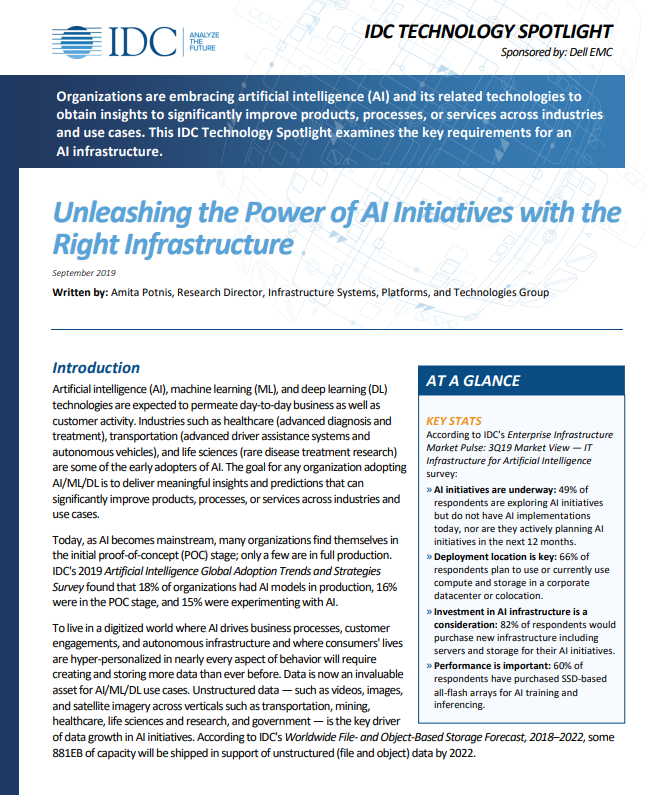
Unleashing the power of AI initiatives with the right infrastructure
What key infrastructure requirements are needed to implement AI effectively?
The AI strategy laid down several key objectives for the government. It would open access to federal data and computing resources for AI research and development, creating a National AI Research Resource to channel those computing resources and data sets. That would support a federal data strategy published by the Office of Management and Budget (OMB) in 2021.
Other aspects of the national AI initiative that the National AI Initiative Office will support include guidance around AI governance. Some of its guidance would include a strategy to develop an AI risk-assessment framework at the National Institute of Standards and Technology (NIST) and the promotion of trustworthy AI in government services.
The AI initiative specifically called for organizations to consider privacy, civil rights, and civil liberties when implementing AI.
The Office will foster US workers’ AI training, reinforcing a plan under which all federal agencies will prioritize AI-related apprenticeships and job training initiatives. The national AI initiative also calls for the government to work with other countries on open markets and innovation networks to support AI research and commercialization.
The National Artificial Intelligence Act of 2020, which Congress passed as part of the National Defense Authorization Act of 2021, mandated the new organization. That bill had trouble passing following a Presidential veto over its failure to address Section 230, but the Senate overruled that veto in January.
Get the ITPro daily newsletter
Sign up today and you will receive a free copy of our Future Focus 2025 report - the leading guidance on AI, cybersecurity and other IT challenges as per 700+ senior executives
One key part of the government's AI strategy is research funding, and the National AI Initiative Office will promote federal R&D investment in partnership with industry and academia. The government's 2021 budget proposal called for a doubling of AI R&D funding.
An August 2020 report from the Bipartisan Policy Center suggested this should be the beginning of an even more dramatic increase in federal funding for AI research, noting the US had requested just under $1 billion in non-defense AI R&D funding in its 2020 budget. This is smaller than the AI R&D budget for some Chinese cities, it noted.
"Congress and the White House should adopt the NSCAI [National Security Commission on Artificial Intelligence] and White House recommendations to double AI R&D spending immediately, and further commit to boosting total yearly federal AI R&D spending to $25 billion by FY2025," the report said.
In general, the US share of global R&D (including all areas, not just AI) had fallen from 69% in 2015 to just 28% in 2016. From 2000 to 2015, the US accounted for 19% of global R&D growth, but China accounted for 31%, the report warned.
Danny Bradbury has been a print journalist specialising in technology since 1989 and a freelance writer since 1994. He has written for national publications on both sides of the Atlantic and has won awards for his investigative cybersecurity journalism work and his arts and culture writing.
Danny writes about many different technology issues for audiences ranging from consumers through to software developers and CIOs. He also ghostwrites articles for many C-suite business executives in the technology sector and has worked as a presenter for multiple webinars and podcasts.
-
 Should AI PCs be part of your next hardware refresh?
Should AI PCs be part of your next hardware refresh?AI PCs are fast becoming a business staple and a surefire way to future-proof your business
By Bobby Hellard
-
 Westcon-Comstor and Vectra AI launch brace of new channel initiatives
Westcon-Comstor and Vectra AI launch brace of new channel initiativesNews Westcon-Comstor and Vectra AI have announced the launch of two new channel growth initiatives focused on the managed security service provider (MSSP) space and AWS Marketplace.
By Daniel Todd
-
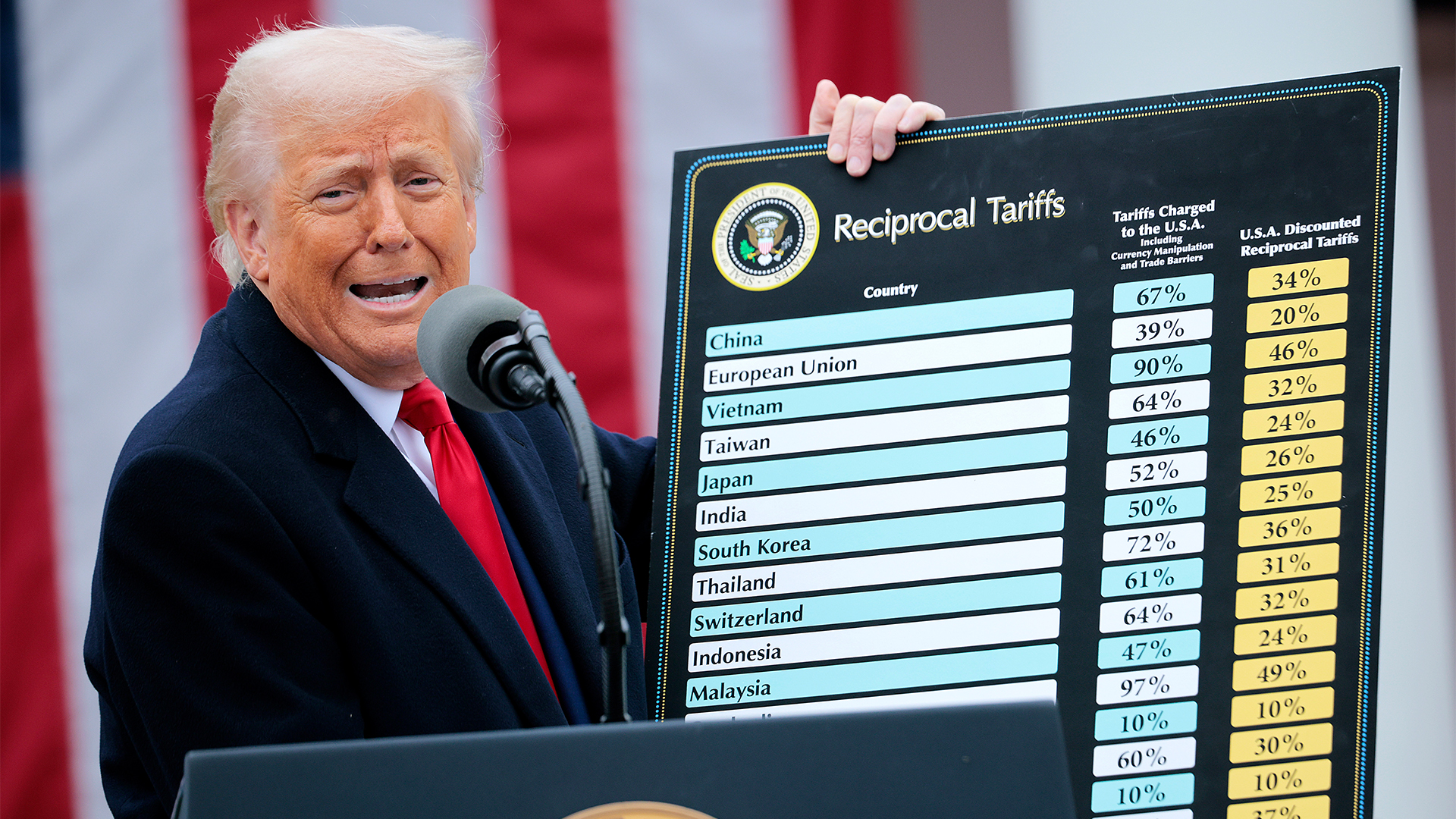 IDC warns US tariffs will impact tech sector spending
IDC warns US tariffs will impact tech sector spendingNews IDC has warned that the US government's sweeping tariffs could cut global IT spending in half over the next six months.
By Bobby Hellard
-
 US government urged to overhaul outdated technology
US government urged to overhaul outdated technologyNews A review from the US Government Accountability Office (GAO) has found legacy technology and outdated IT systems are negatively impacting efficiency.
By George Fitzmaurice
-
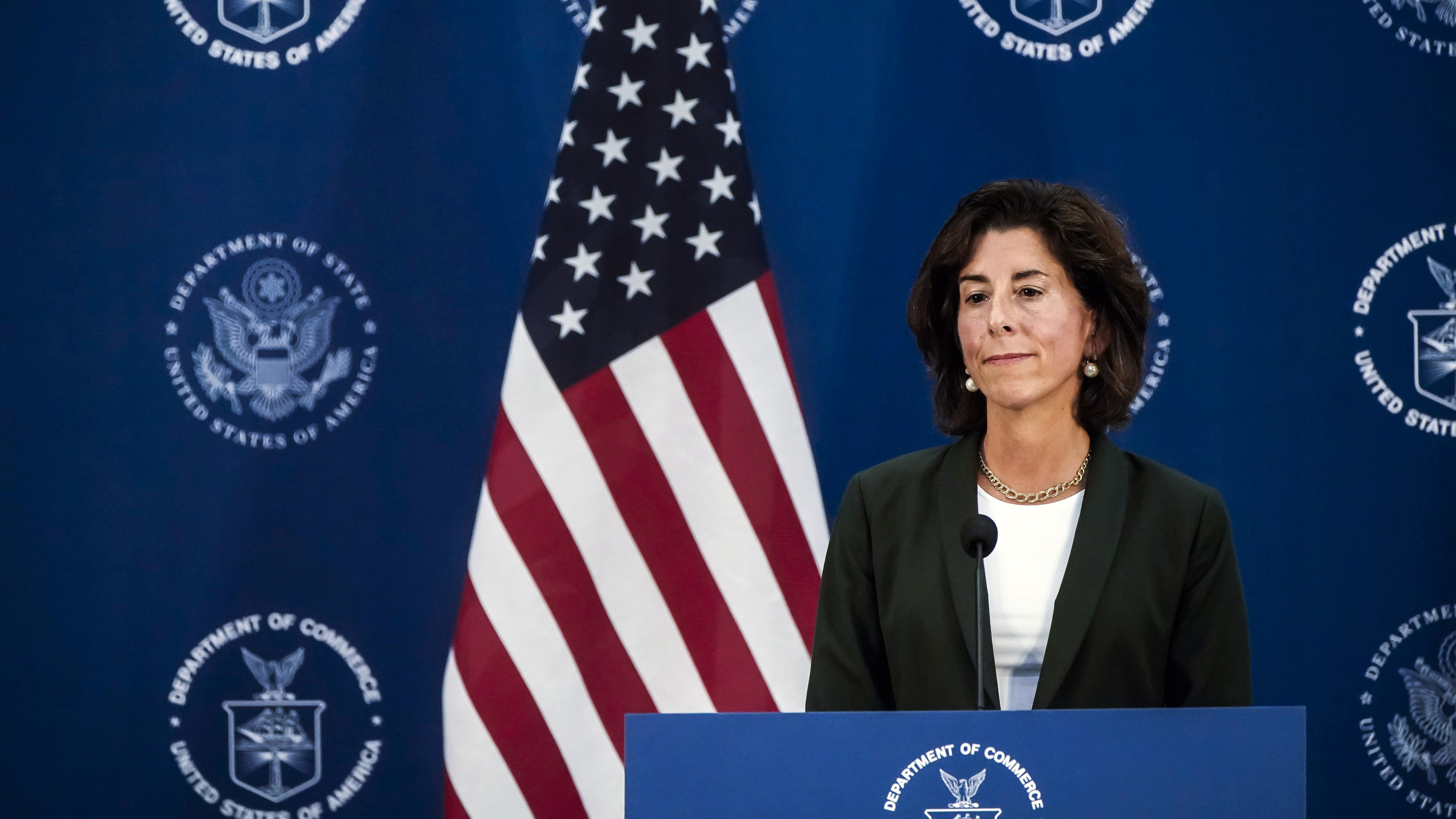 US proposes new ‘know-your-customer’ restrictions on cloud providers
US proposes new ‘know-your-customer’ restrictions on cloud providersNews The US aims to stifle Chinese AI competition with new restrictions on cloud providers to verify foreign data center users
By Solomon Klappholz
-
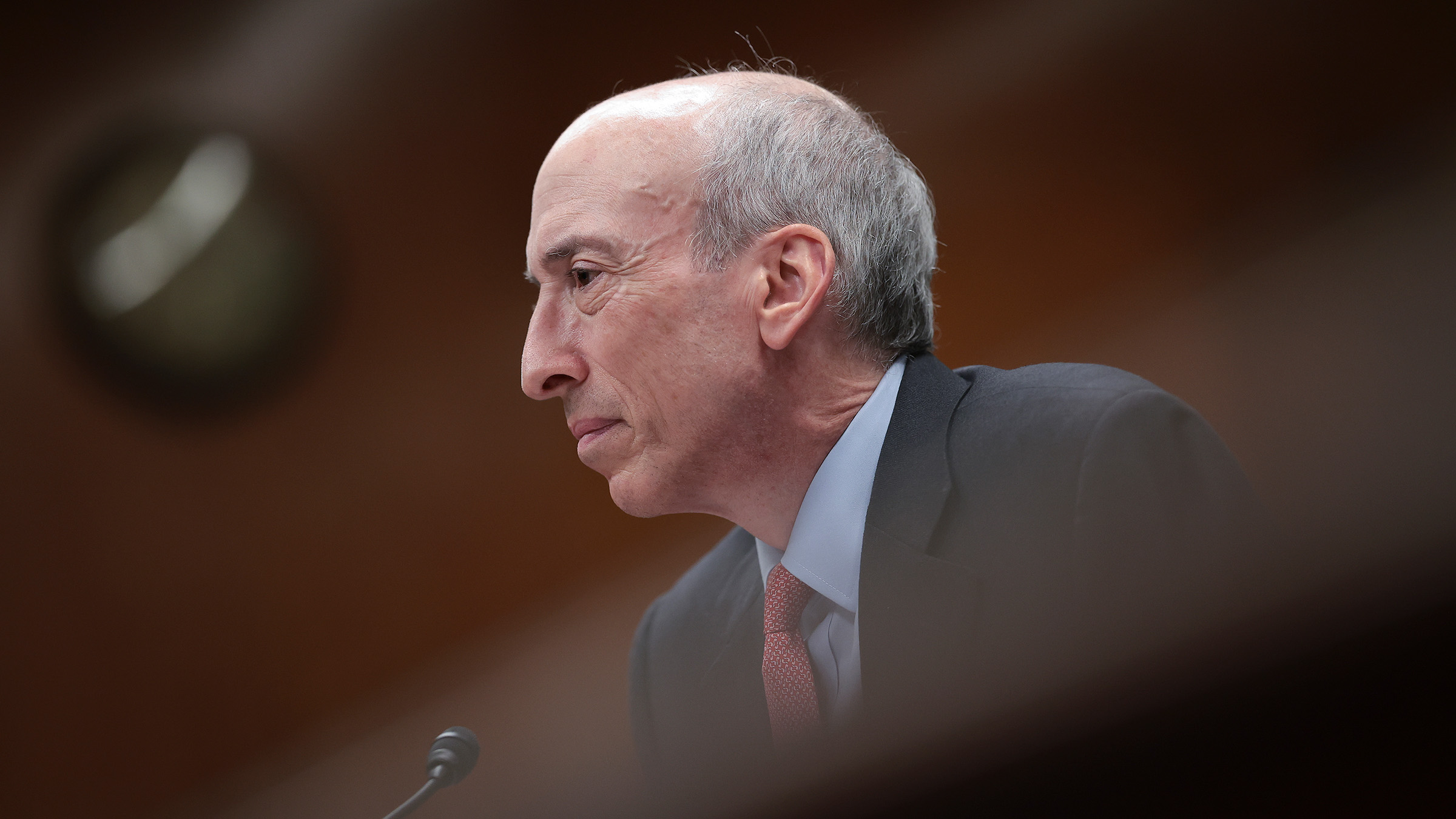 SEC passes rules compelling US public companies to report data breaches within four days
SEC passes rules compelling US public companies to report data breaches within four daysNews Foreign entities trading publicly in the US will also be held to comparative standards
By Rory Bathgate
-
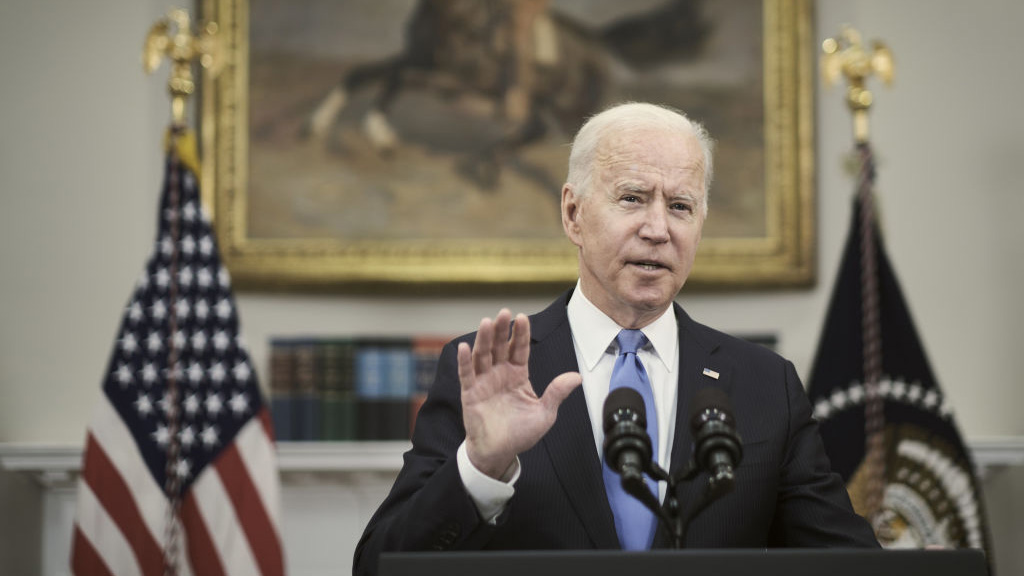 US says National Cybersecurity Strategy will focus on market resilience and private partnerships
US says National Cybersecurity Strategy will focus on market resilience and private partnershipsNews The recently announced implementation plans alow for more aggressive action against ransomware gangs
By Rory Bathgate
-
 US ‘Tech Hubs’ drive aims to boost innovation in American heartlands
US ‘Tech Hubs’ drive aims to boost innovation in American heartlandsNews The development of the hubs will could help drive regional innovation and support for tech companies
By Ross Kelly
-
 Biden sets June deadline for $42 billion broadband funding outline
Biden sets June deadline for $42 billion broadband funding outlineNews The announced deadline come prior to a much-awaited update to the FCC's US broadband map, giving a clearer image of the internet challenges facing the nation
By Rory Bathgate
-
 FCC eyes formal ban of all Huawei, ZTE equipment sales
FCC eyes formal ban of all Huawei, ZTE equipment salesNews Approaching the deadline to pass such a ruling, companies such as Kaspersky face similar restrictions
By Rory Bathgate